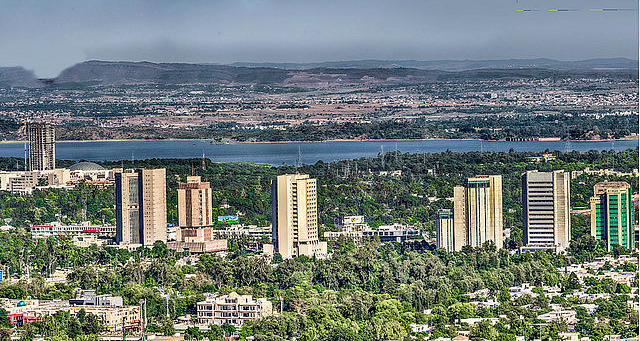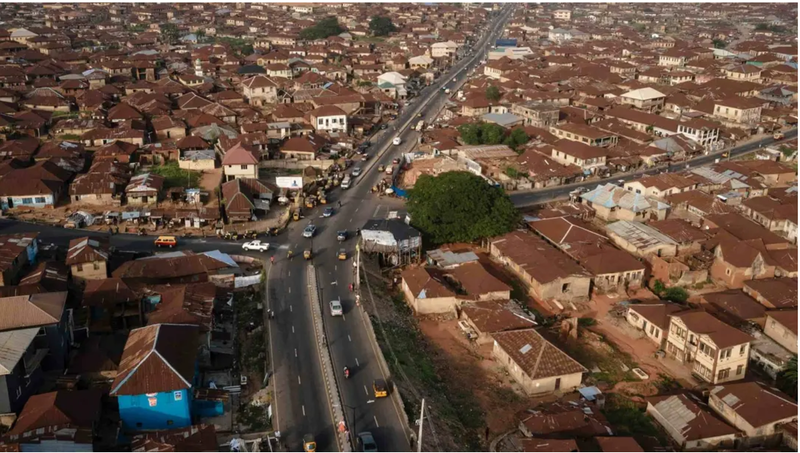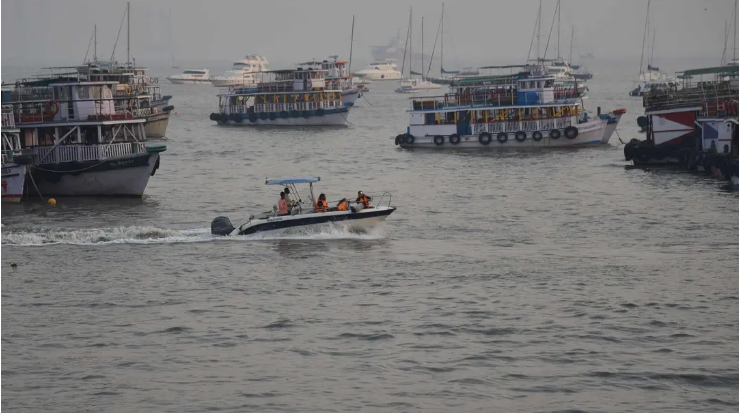IMF: Pakistan's Economic Risks 'Exceptionally High'
A week after approving a $3B bailout program — including an immediate disbursal of $1.2B to help Pakistan through its economic crisis — the International Monetary Fund (IMF) says that the country’s “complex and multifaceted” economic challenges pose “exceptionally high” risks.

Facts
- A week after approving a $3B bailout program — including an immediate disbursal of $1.2B to help Pakistan through its economic crisis — the International Monetary Fund (IMF) says that the country’s “complex and multifaceted” economic challenges pose “exceptionally high” risks.1
- The IMF released a 120-page report on Pakistan’s macroeconomic outlook Tuesday based on the Memorandum of Economic and Fiscal Policies, which is signed by the Finance Minister and State Bank Governor. In it, the lender suggested a “successor arrangement” may be necessary.2
- The report stressed the importance of “steadfast implementation of agreed policies,” and the “continued financial support from external partners” to help Pakistan overcome its economic difficulties. The Southeast Asian nation has agreed to not “launch any new tax amnesties” or further any exemptions in 2023-24.3
- As part of the agreement, the Pakistani government promised to notify the public as soon as electricity rates rise by five Pakistani rupees per unit and gas increases by more than 40%. It will also immediately inform the public of any gas tariff adjustments made by Ogra, the state oil and gas authority.4
- The IMF also urged the State Bank of Pakistan, which will hold its next policy meeting on July 31, to continue tightening its monetary policy. The Bank has already hiked the key rate by 12.25 percentage points to combat inflation, which is projected to be 21% for fiscal year 2024.5
- After eight months of negotiations, Pakistan secured the IMF deal, which will pay the remaining balance over the next nine months. The country also secured $2B from Saudi Arabia and $1B last week as it looks to avoid defaulting on its debt.6
Sources: 1Al Jazeera, 2NDTV, 3Mint, 4The Times of India, 5Reuters, and 6BBC News.
Narratives
- Pro-establishment narrative, as provided by Human Rights Watch. The IMF is doing all it can to help Pakistan out of its dire economic situation, and it's now up to the Pakistani government to abide by the lender’s guidelines to help the country’s economy and human rights situation. The IMF has rigorously studied Pakistan’s holistic outlook and is implementing the necessary policies that will allow a bailout deal to have long-standing impacts. The IMF’s aid to Pakistan is humanitarian as well as economic.
- Establishment-critical narrative, as provided by Outlook India. While the IMF may act like it is helping Pakistan through its economic hardships, the lender is actually treating Pakistan like a subservient colony that can't act in its own national interests. Of course, Pakistan greatly benefits from the money it can use to pay off some of its debt, but an international loan is not an excuse to hold a nation of over 200 million people hostage. The IMF should want to help Pakistan without trying to hegemonically control every facet of its economy.






